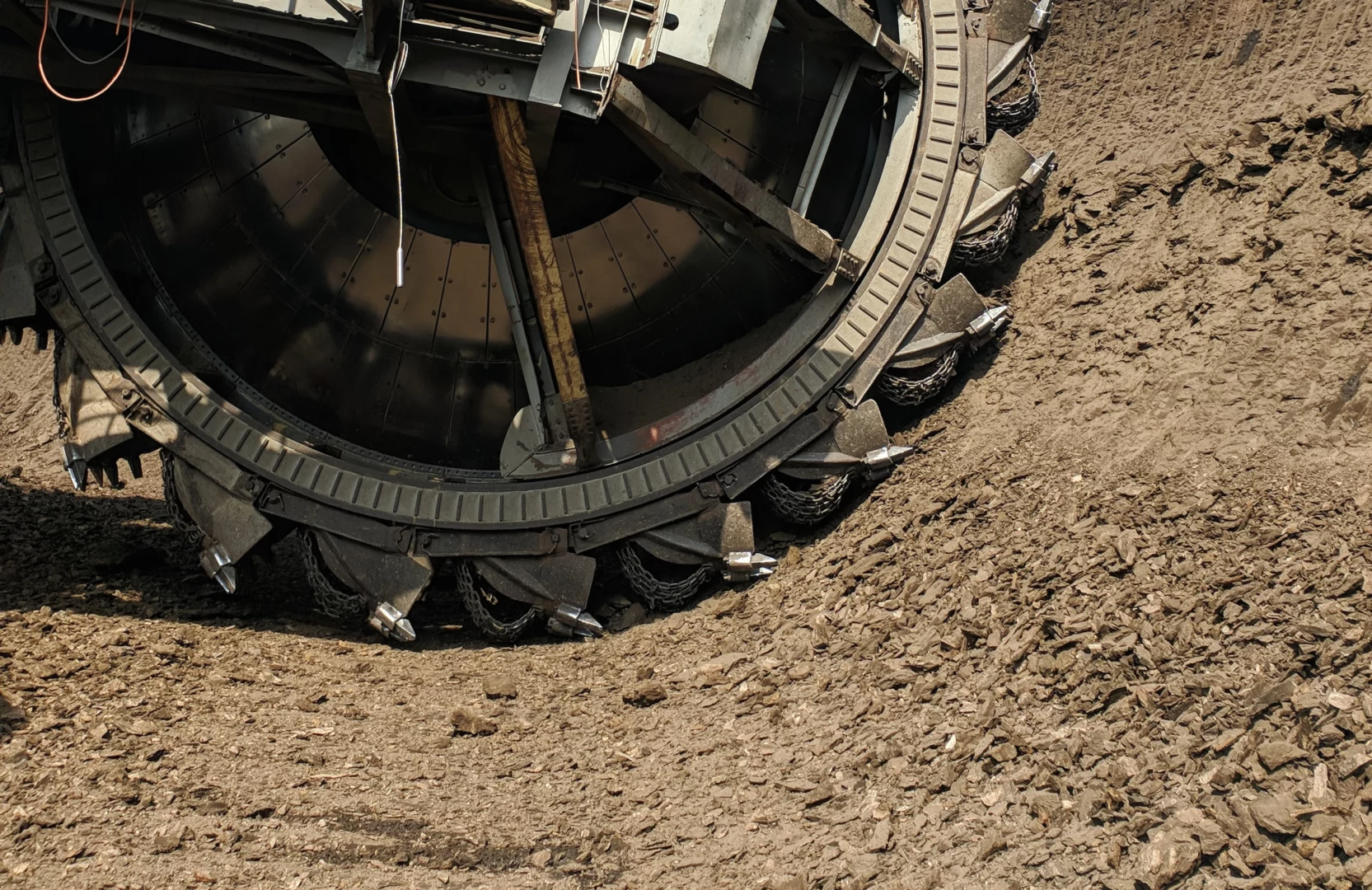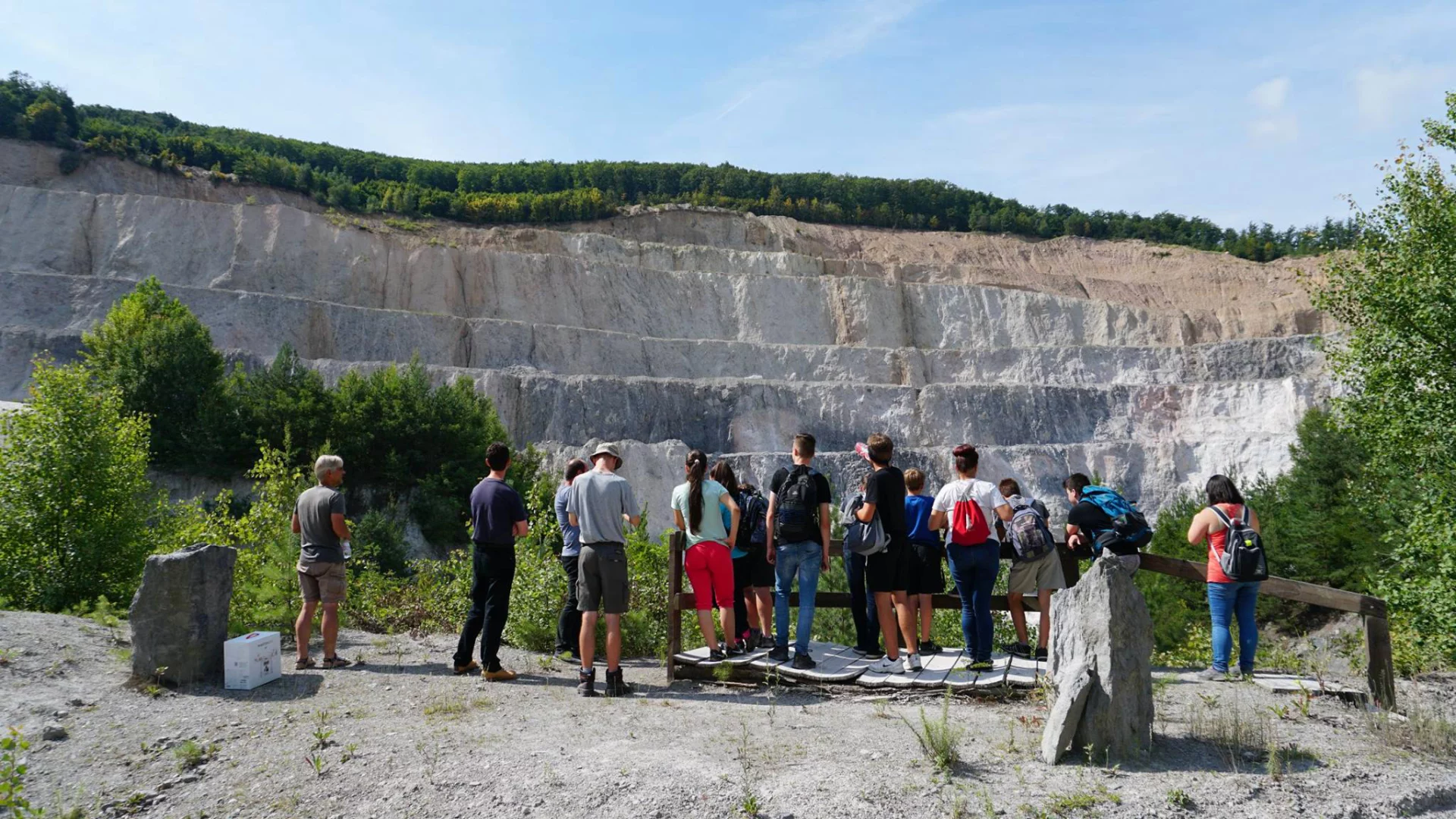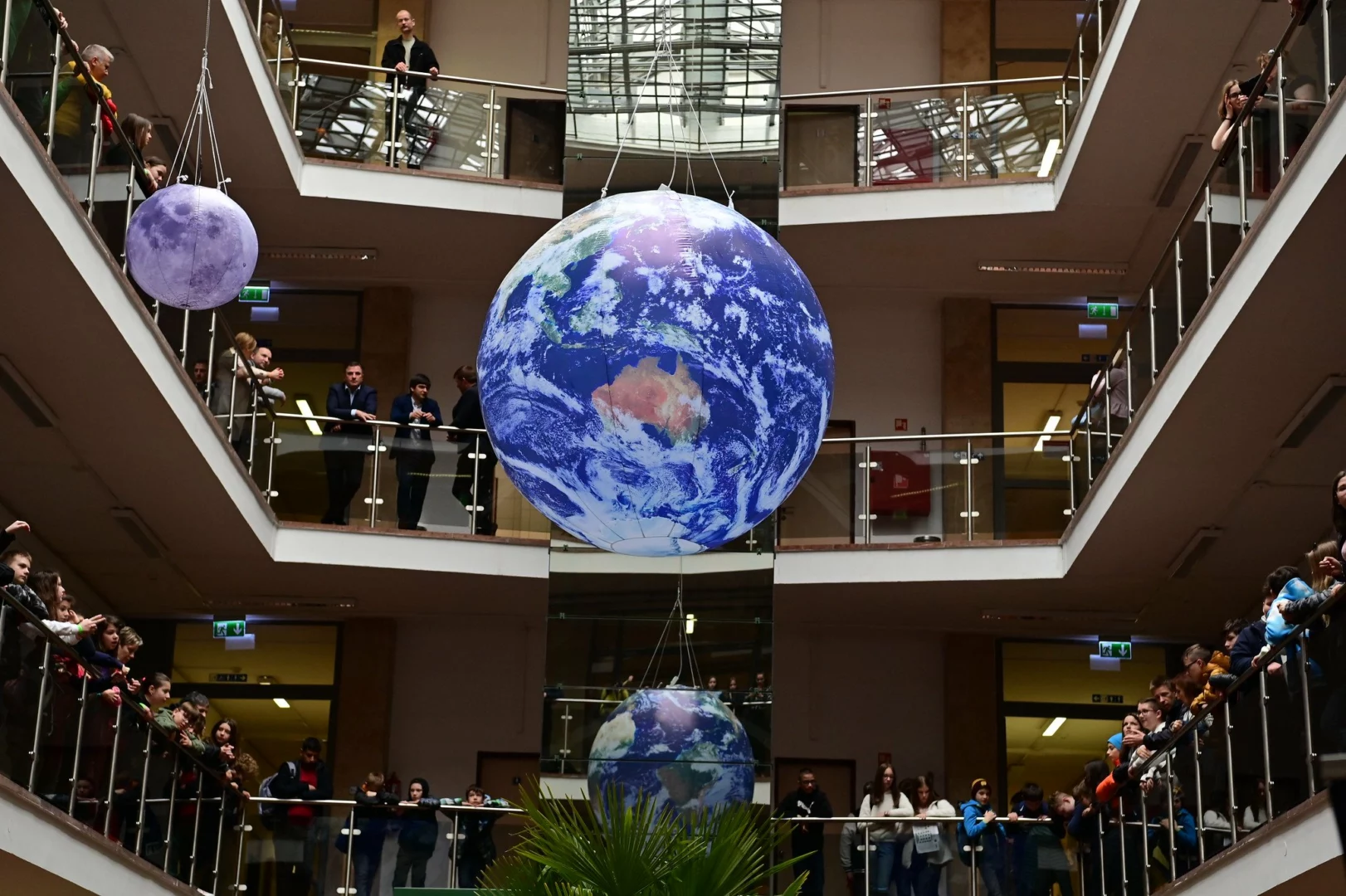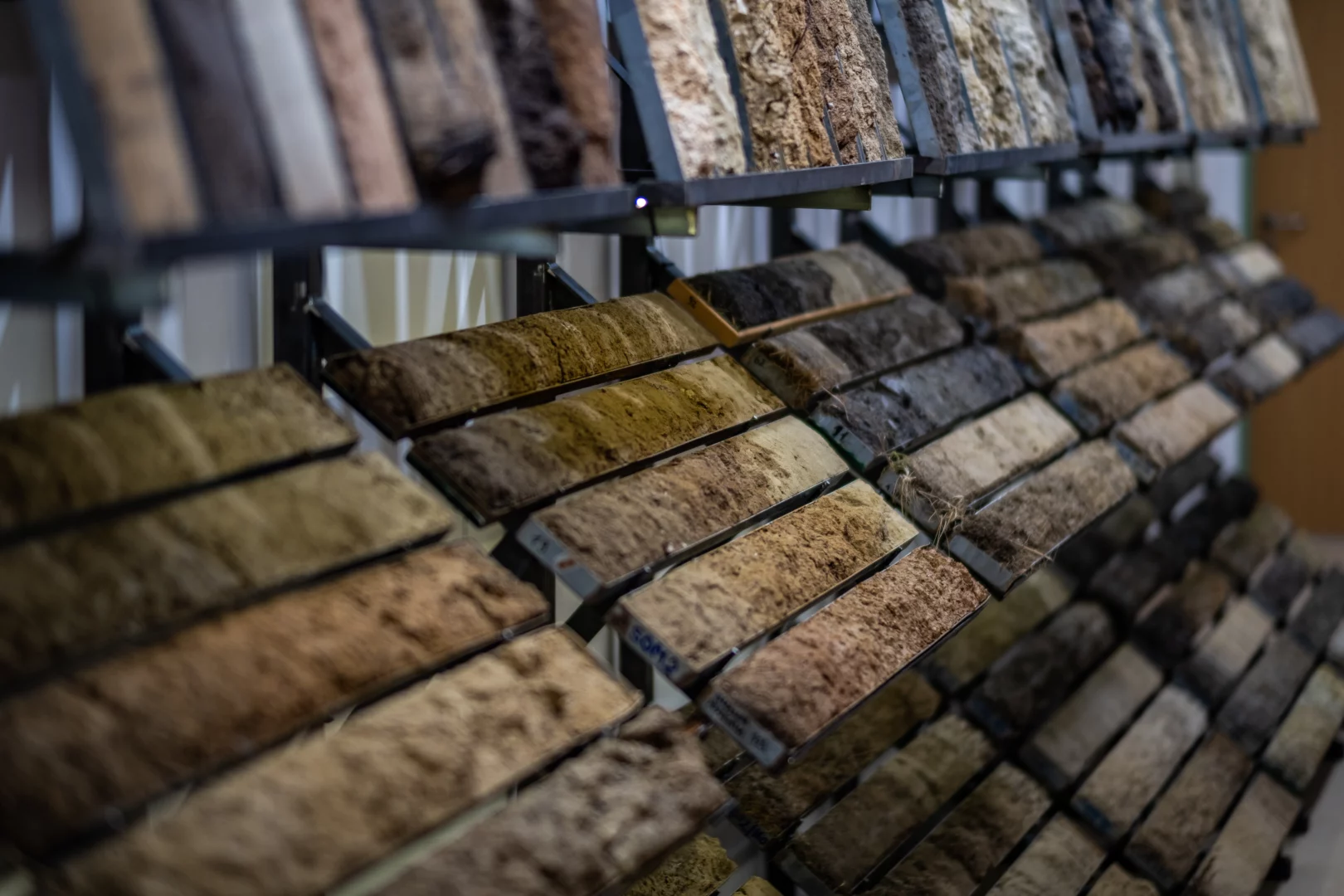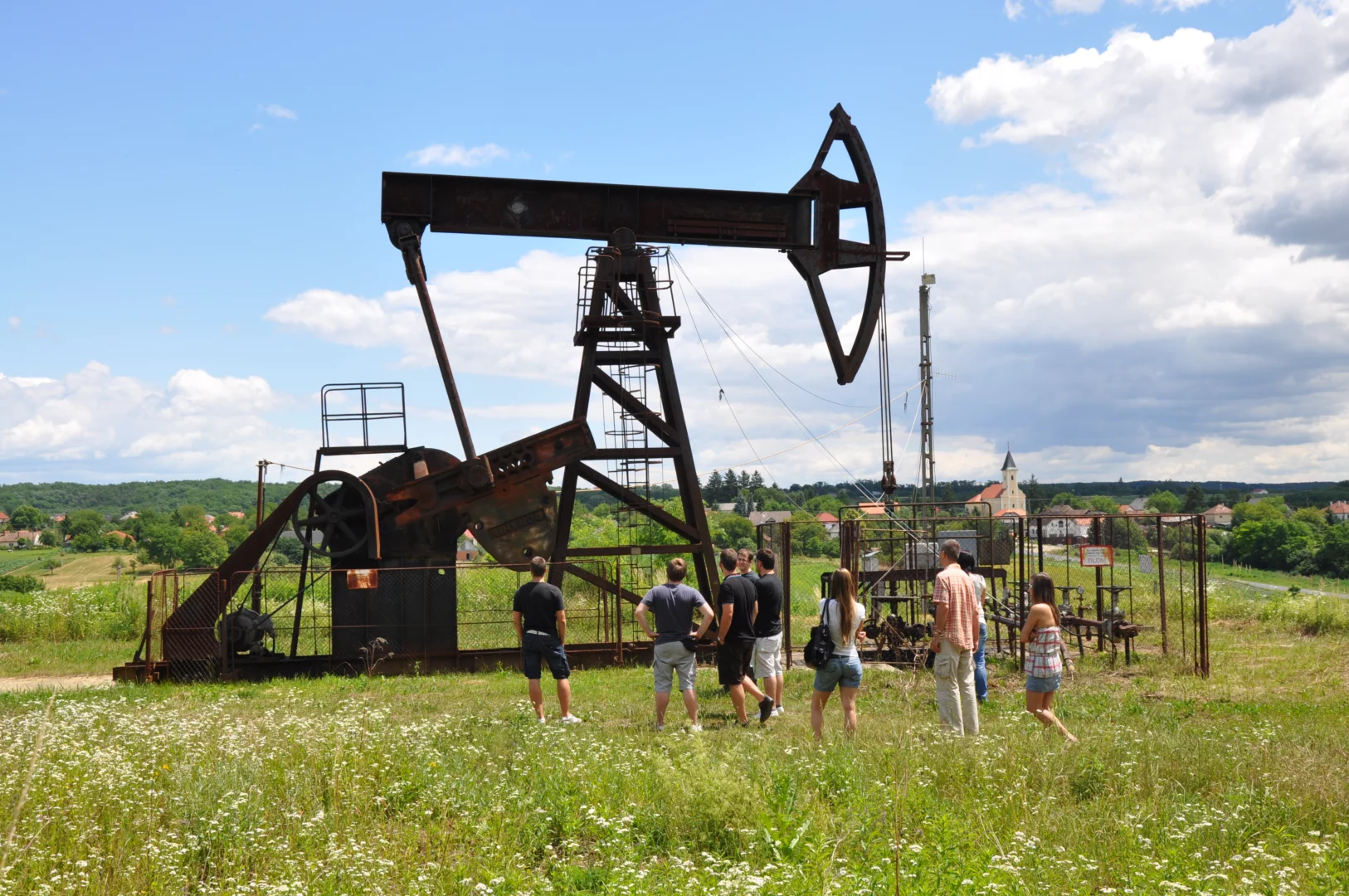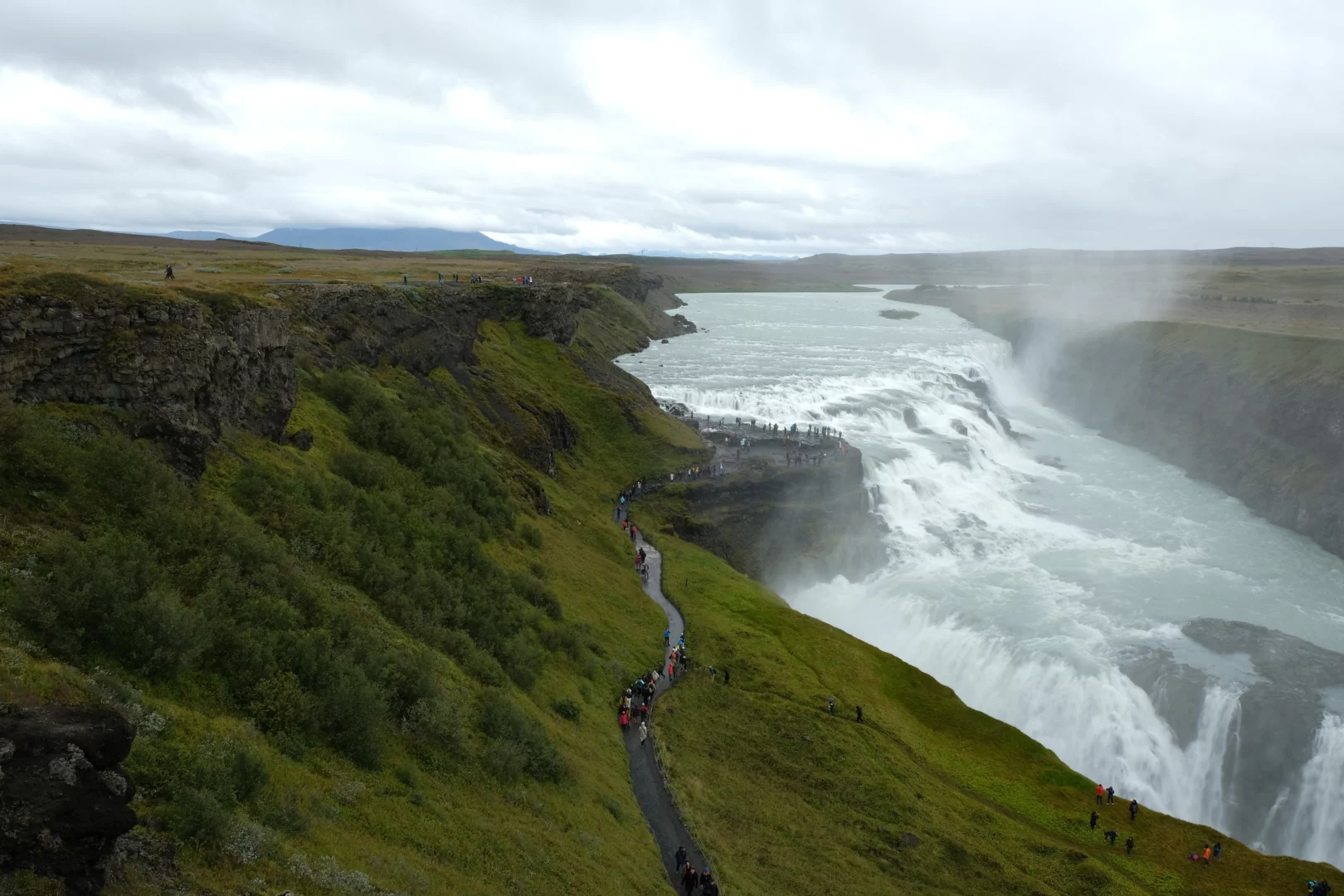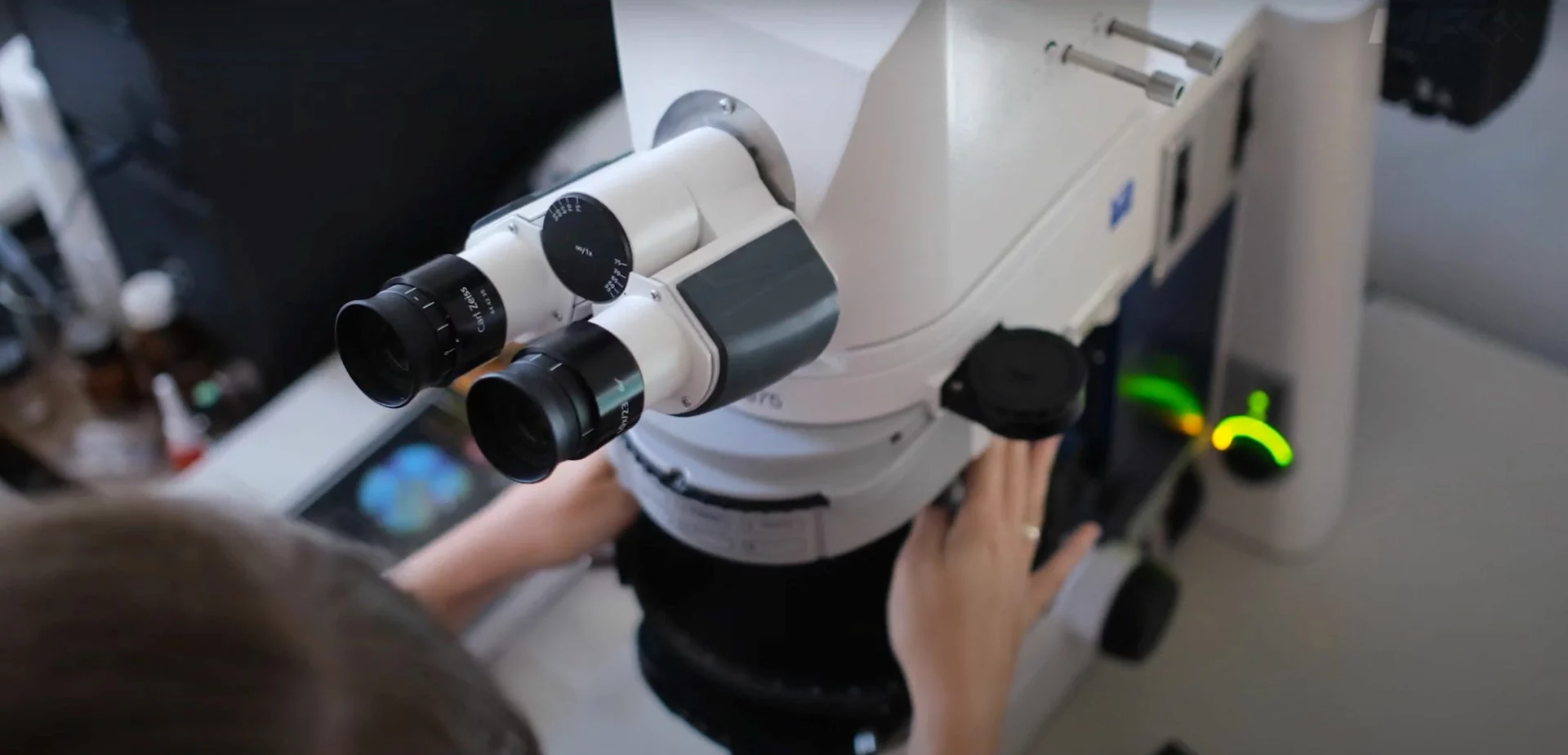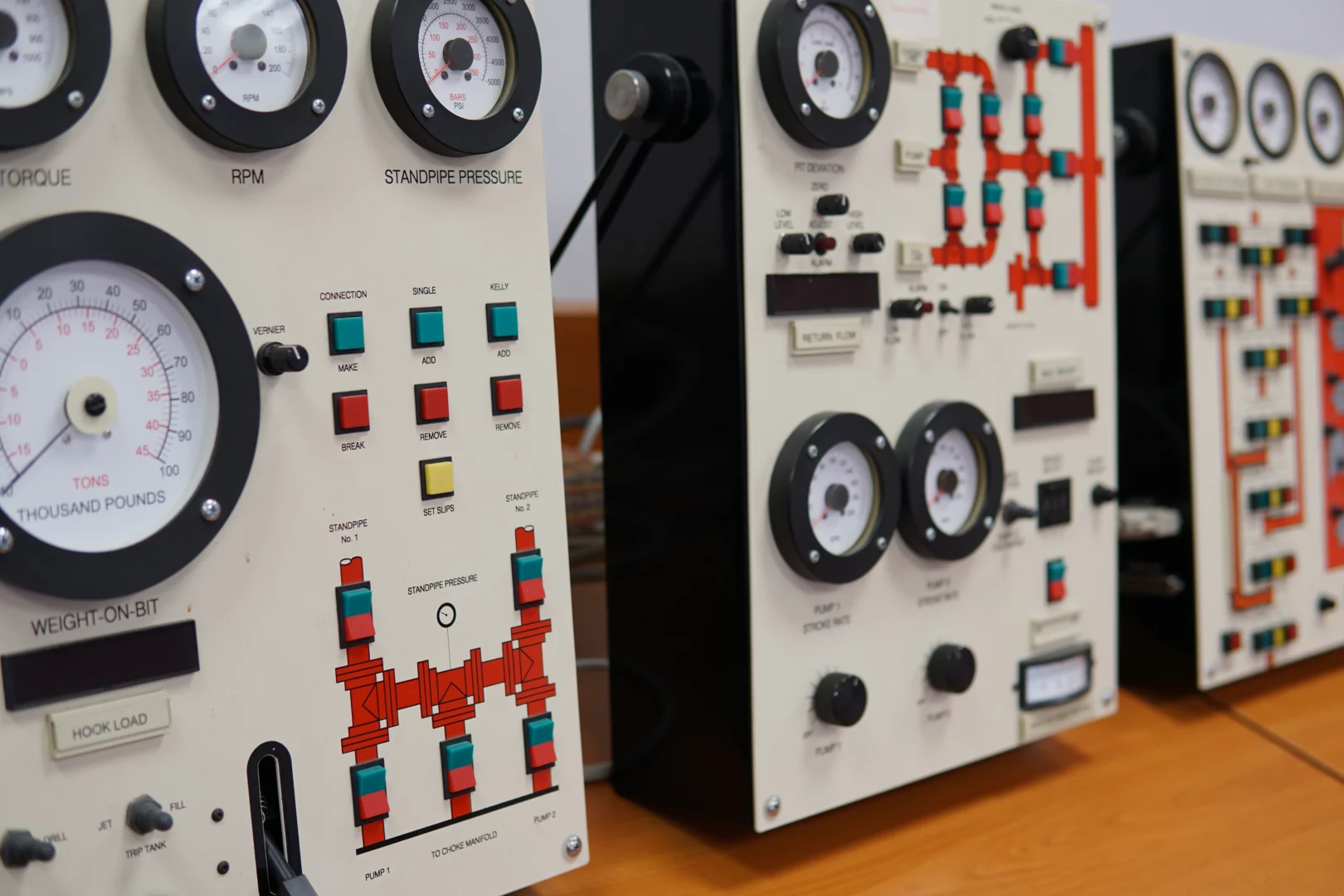Our faculty has a history of more than 300 years, which proves the continuous demand for our professionals. Due to the developing economy, the demand for raw materials, energy and water is increasing, thus the mining industry must also adapt. In the near future, global challenges such as low carbon dioxide emissions, circular economy, water mining or environmentally friendly mining must be solved. The professors and researchers of our faculty prepare our students for these challenges and their solutions.
Prof. Dr. Gábor Mucsi

